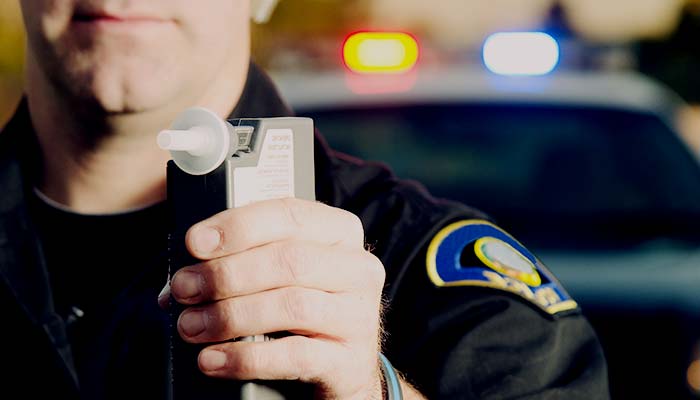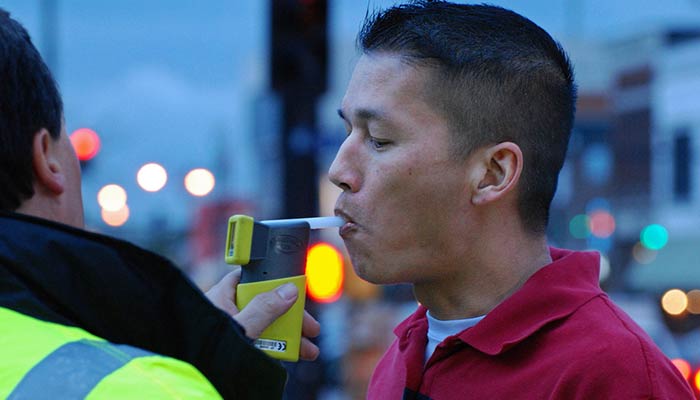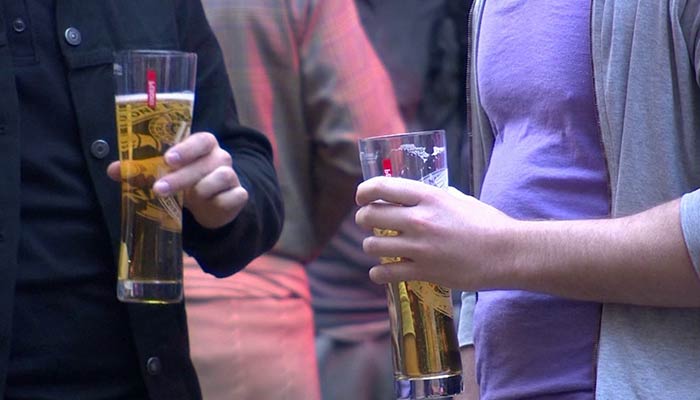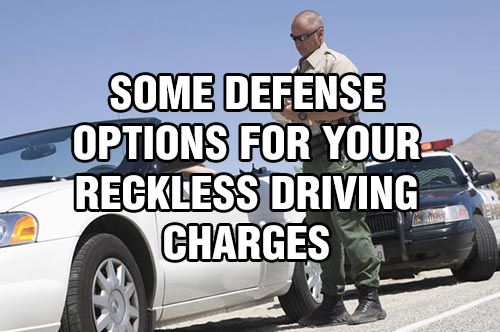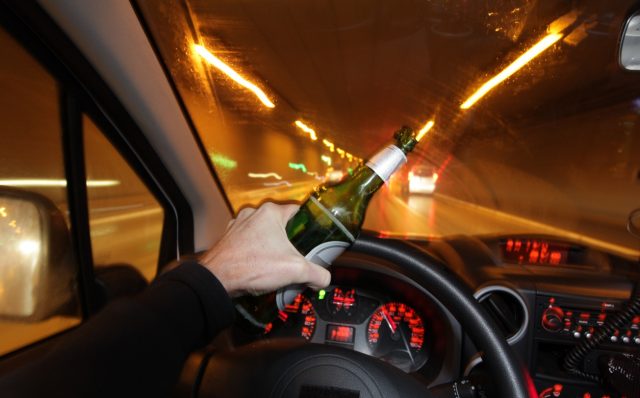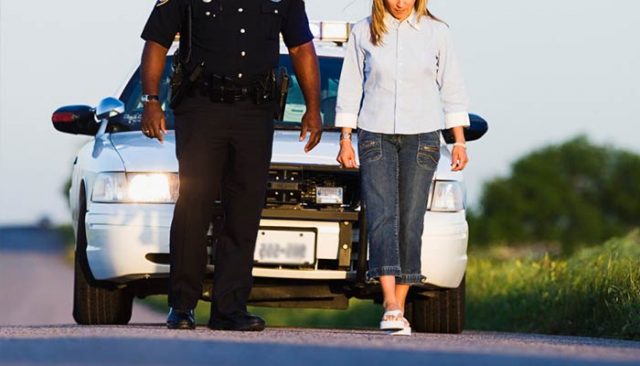A person accused of driving under the influence of alcohol usually attacks the observations and opinions of the police officer as a defense strategy. The defendant may also attack witnesses that subjected the defendant to the alcohol test of breath, or the defendant can call someone who can testify that the defendant was sober.
In addition to these strategies, a defendant may rely on one of the following defenses.
These defenses include the following:
- Necessity, which applies when a person must drive to prevent an atrocity greater;
- Coercion, violence, which applies when the defendant drives in order to avoid a serious injury or death;
- Incitement to commit a criminal offence by a police officer, which applies when the police officer asks the person to drive drunk;
- Mistake of fact, which applies when a person has the honest belief that his level of breath alcohol is less than the legal limit;
- Intoxication involuntary, which applies when the person has ingested alcohol without his knowledge.
Each state has different views regarding the use of these defenses. In general, these defenses rely on specific facts and are very difficult to prove successfully.
